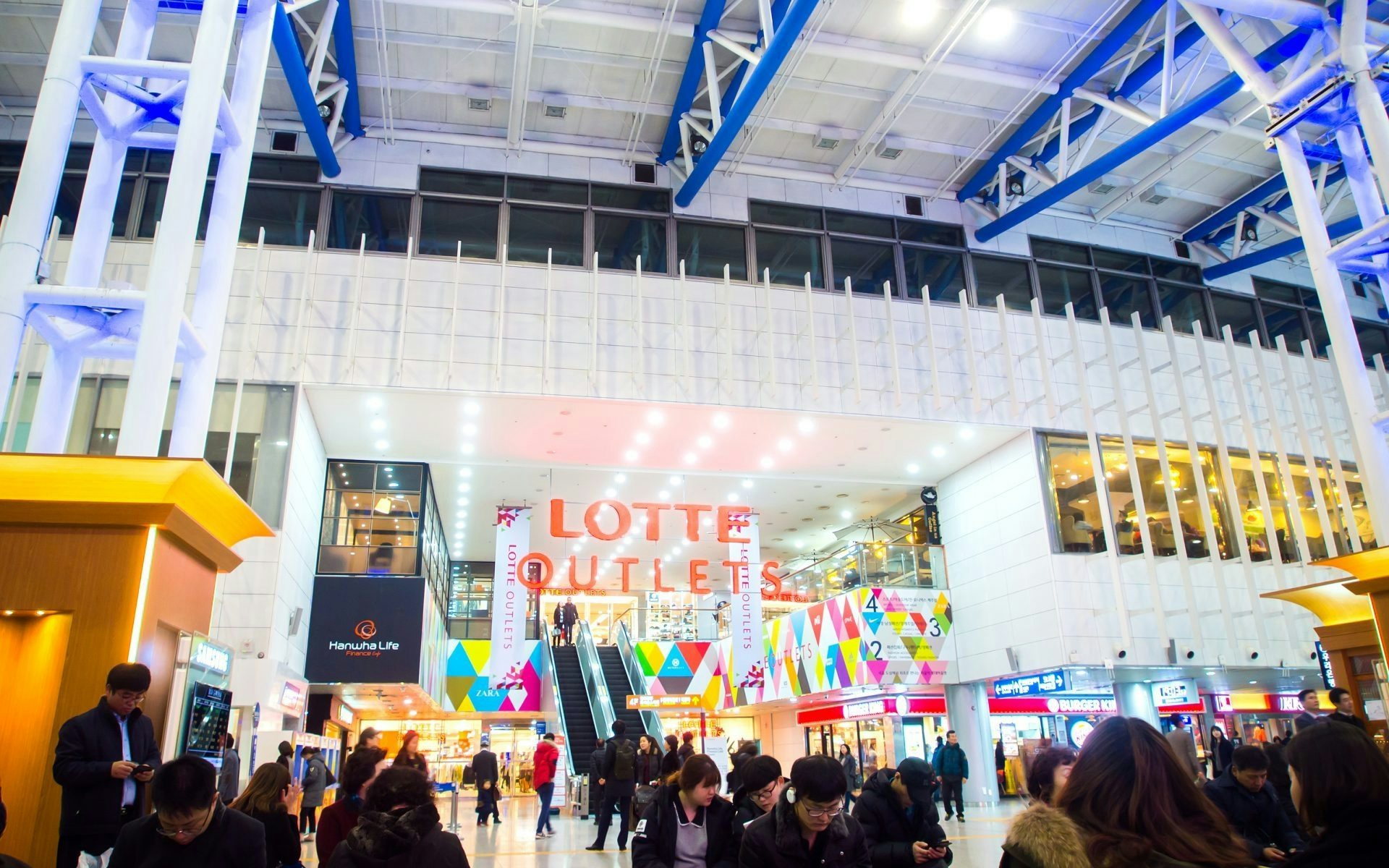In a heated and controversial bidding process, South Korean conglomerates Shinsegae, Hyundai, and Lotte came out as the winners when three duty-free licenses were up for grabs in Seoul. The new licenses bring the total number of duty-free stores in Seoul to 13 by mid-2017, up from six stores in 2015, and lets license-holders tap into Chinese tourists’ duty-free spending.
The bidding process was full of controversy, with some bidders alleging that foul play may have been involved in securing the duty-free licenses. Formally, the licenses should go to the most competitive bidders, a rule that most likely favors big players with big ambitions for how to leverage their new licenses. To increase perceived “competitiveness” many bidders made significant investments in their proposed locations for new duty-free stores, with department stores being fully renovated to prove their ability to secure tourists’ duty-free dollars. The result is a significant loss for failed bids, and a significant cost of duty-free business to take into account for winning bidders.
The result is a situation much like the case of ride-sharing services such as Lyft and Uber and their calls for liberalization of taxi licenses, Korean duty-free license-holders are keen to oppose any proposals that would negatively affect the value of their already acquired licenses, and smaller players and independent stores complaining about a system rigged against them. As one operator put it to The Korea Herald, “There’s no reason to make companies compete with each other for licenses, when the market will naturally weed out those who are uncompetitive.” For license-holders, it’s a double-edged sword—the current scheme makes further expansion a difficult and expensive endeavor, but it also gives limits their competition for duty-free dollars.
However, other measures proposed by the South Korean government have stirred up woes among duty-free stores. In addition to the cost associated with acquiring the duty-free licenses, license-holders have to pay a yearly license fee to retain their right to offer duty-free products to tourists in Korea. The government, looking to increase their duty-free revenue, has proposed to increase the license fee by up to 2000 percent—adding approximately 50 billion won (US$41.9 million) of government revenue per year. Korea Duty Free Association (KDFA), which represents duty-free operators in the country, filed a formal protest against the government’s proposed measure. In 2013, the government successfully passed a motion that lowered the value of licenses by shortening their validity from ten to five years.
For South Korean duty-free operators, Chinese tourists are by far the most important market—making the sustained growth of Chinese tourism a key concern for KDFA. This puts it at odds with the Korea Tourism Association, which has begun prioritizing other markets after Chinese tourists reached 48 percent of all arrivals—a risky overreliance on a market with which Korea has an increasingly strained relationship with. Another shift in the market likely to influence sales in duty-free shops is Chinese tourists’ growing interest in local, cheaper brands and slowing demand for luxury shopping in Korea.
Analysts are also cautious about the future of the Korean duty-free industry, with Japanese financial services company Nomura Securities arguing that new duty-free licenses are causing the number of duty-free stores to grow much faster than the market for duty-free products. It projects a modest 5 percent increase of Chinese tourists in 2017, and sees the number of duty-free stores growing by 44 percent in Seoul as a result of newly issued duty-free licenses.
Among the failed bids for duty-free licenses is HDC Shilla Duty Free, a high-tech duty-free shop that intended to specifically target Chinese tourists. If its intent to mainly target Chinese tourists was cause for it to be deemed “less competitive” than competing bidders, then it’s likely that the future of Korean duty-free, much like its tourism sector, lies within market diversification rather than a focused courtship of Chinese tourists.
